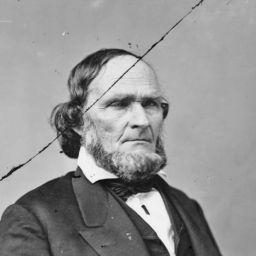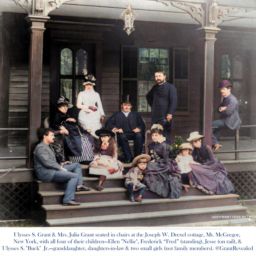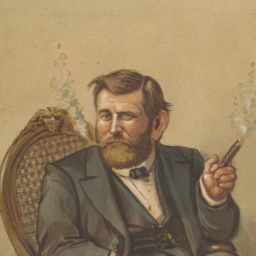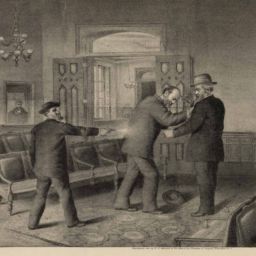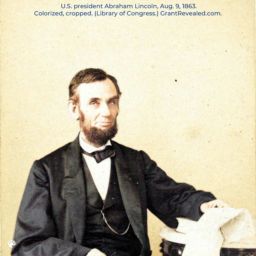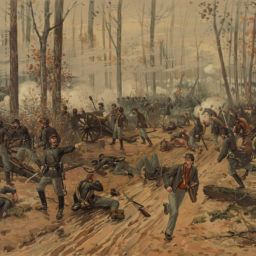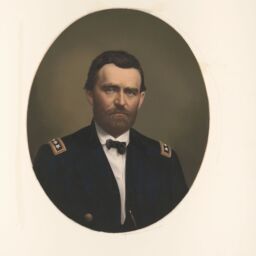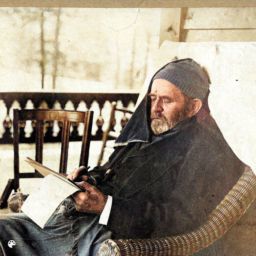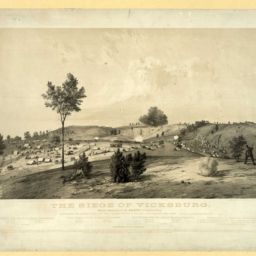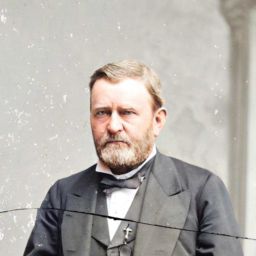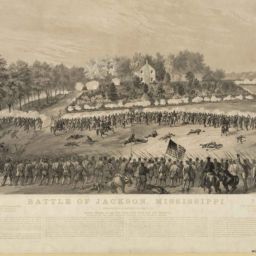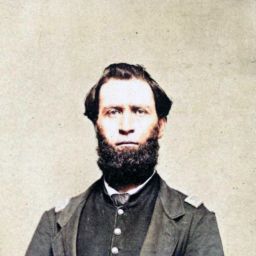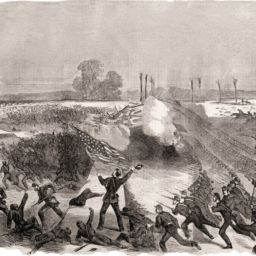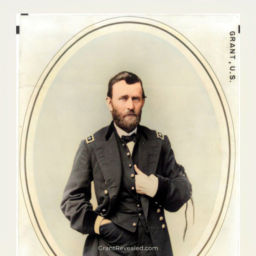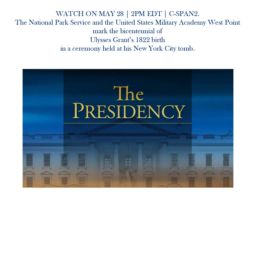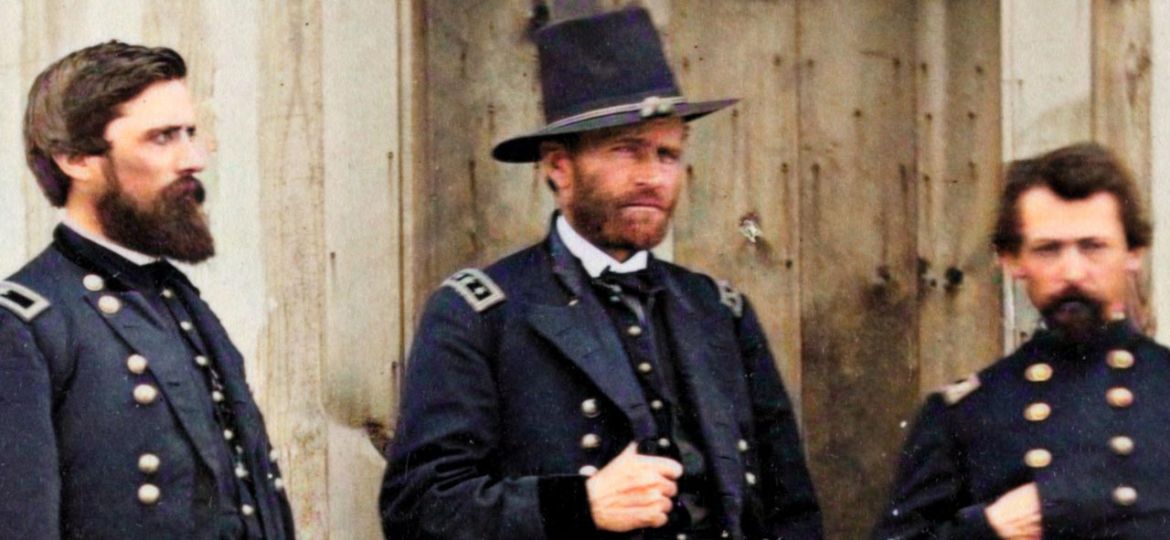
American Civil War, Eastern Theater, Petersburg campaign. Ulysses S. Grant faced myriad frustrations in early July 1864, while waging siege-like warfare against the Confederate army in strong defensive positions in and around Petersburg, Virginia.
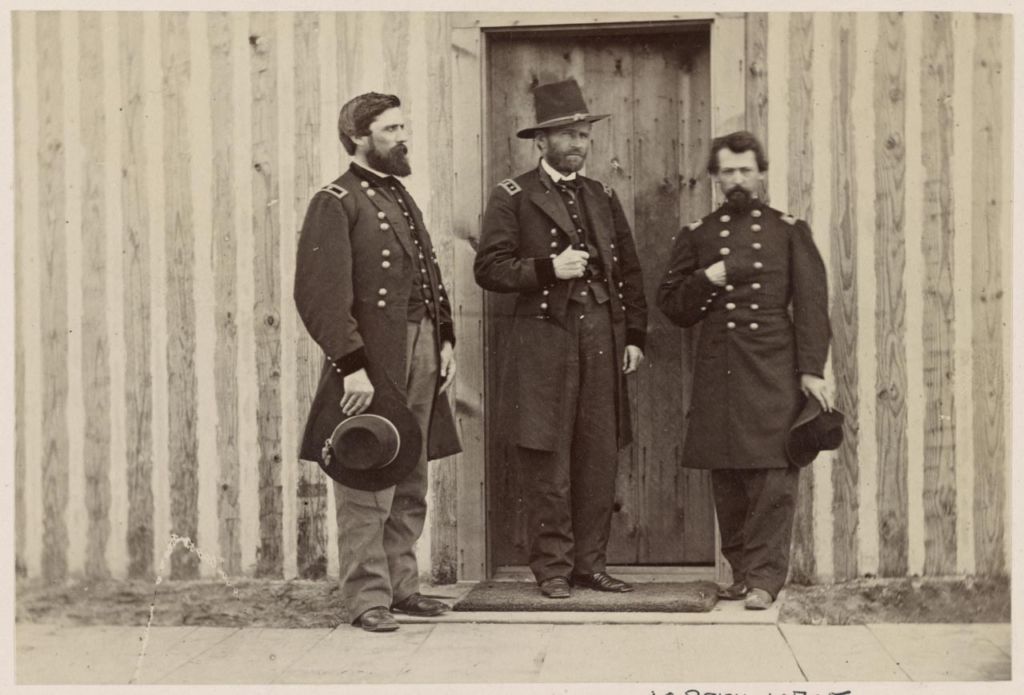
A vortex of military politics surrounded him, amid a vulturous press’s presence at his headquarters at City Point, Virginia. Both Major Generals George Meade, commander of the Army of Potomac, and Benjamin Butler, recognized by Grant as insufficiently skilled for ongoing command of the Army of the James, and their corps commanders “were involved in both overt and covert controversy.” (Simpson 425)
At the same time, doubts remained as to President Abraham Lincoln’s reelection prospects and the prospects of Republicans in general in upcoming elections. Grant understood the military and political need for battlefield successes by the U.S. armies in Virginia and Georgia, the latter being commanded by Major General William Tecumseh Sherman, who had succeeded Grant as head of the Military Division of the Mississippi after Grant’s elevation to general-in-chief of the U.S. Army.
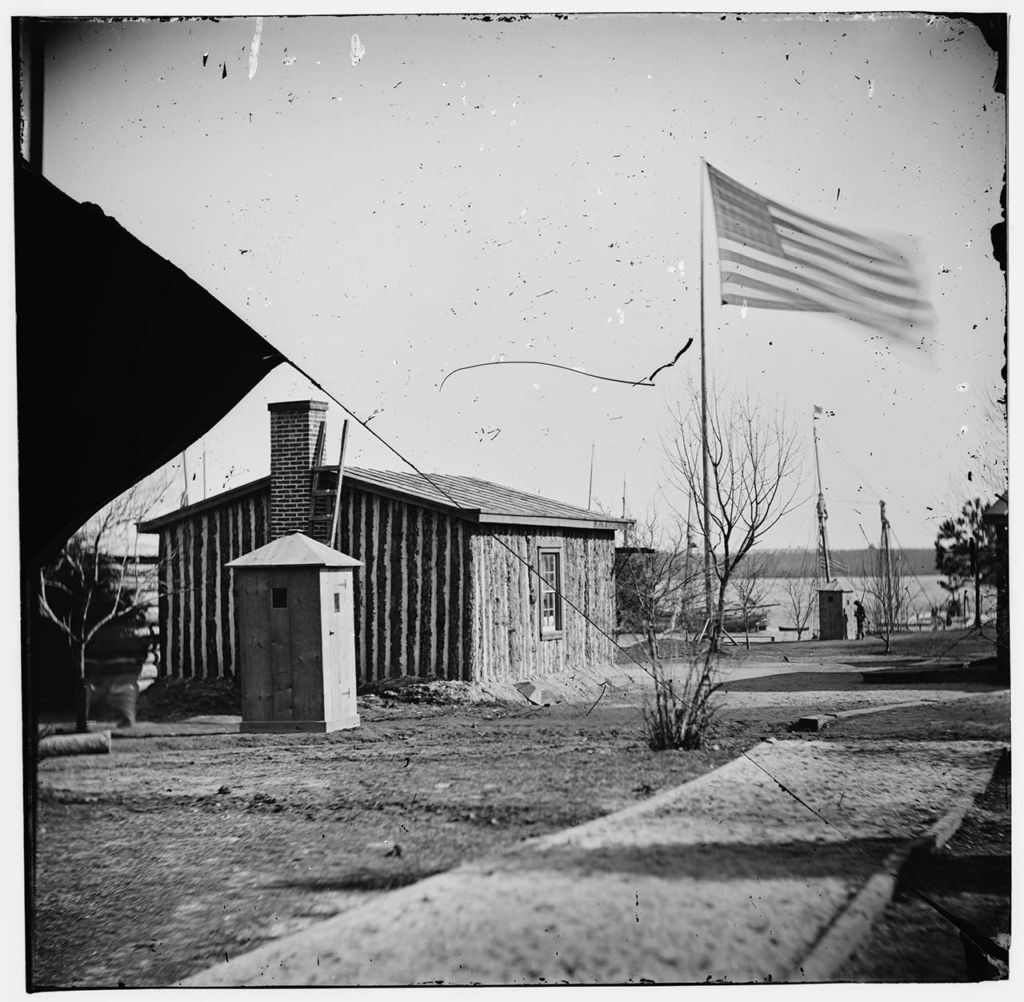
While Sherman forged ahead through Georgia, Grant contended with Confederate General Jubal A. Early and his Army of the Valley, which had set out to raid Washington, D.C. and disrupt operations of the Baltimore and Ohio Railroad.
Though problems of military politics, a cantankerous press, and Early’s Washington raid would worsen for a time afterwards, on July 6, 1864, General Grant in a letter to his father Jesse Root Grant conveyed unshakable confidence in the war’s final outcome, even as an understandably vexed tone also comes through.
I’ve retained Grant’s spelling, capitalization, etc.
Dear Father,
I have received your last letter, and first, for a long time. It is now about 1 a. m. not the 5th but the 6th but the news from the direction of Harper’s Ferry, and North of here, is such that I have been busy to this time in matters relating to them. They will come out right I think because I can always hold defensively here and spare enough to repel any force that can possibly be detached. Our people seem to forget the difference between an invading and a defensive force. The one has to draw his supplies from abroad and necessarily wastes a large part of his force is guarding the Avenues to supplies, and trains bringing them, while the other is among friends who not only supplies them but furnishes information of every move and resort of the invader: We are invaders, of our country its true, but of the homes and birth place of the most desperate haters that ever existed; of people who seem to think themselves the authors of the greatest crime ever committed and who have no hope in this world except in success. They will dye hard but dye they must if the Northern people will but remain true to themselves. The Southern people have raised their last Army, their last man. To get what they have they have robed the grave and the cradle. Old men like yourself, and little boys like my Fred. are now fighting; the Grand father and the Grand son side by side. With this, or these, elements in the field we should feel that every battle was a victory, Battles must result in loss to both sides and the south are no longer in condition to sustain losses. Their next resort for reinforcemen[ts] must be the woumb for they have already gone to the cradle.
Speculation, moneymaking, is the greatest enemy we now have to contend against. Our people watch the fluctuations of gold with as much interest as they do the progress of the War. Indeed I do not know but what a great part of the patriotism of the country is based on what they think will be the effect on their pecuniary circumstances when the war closes. They do not seem to think once that with this country divided we will be a people at perpetual war; without trade, without respect abroad and probably at last reduced to bankruptcy and anarchy, without morals and so divided that we will be subject to be overrun by any power that might throw into the country an Army equal to what we now regard as only a raiding party.
There has been no time since the begining of this War when I have felt a doubt about ultimate success. I feel now as certain that Richmond will fall before the end of this campaign as I did that Donelson or Vicksburg would. I never doubted success at either place. I believe the enemy feel here as I do, that is, that they must finally succumb. Give yourself no uneasiness about me. This Army sleeps as soundly as people at home can and feels as confidant as one insured success.
Julia and children are at Mr. Dent’s. All well at last account.
Ulysses
IMAGES
[Brigadier General John A. Rawlins, left, Lieutenant General U.S. Grant, center, and Lieutenant Colonel Theodore S. Bowers at City Point, Virginia], c. 1864. Albumen silver print. Library of Congress. https://www.loc.gov/pictures/item/2013647595/.
[City Point, Va. Rear view of Gen. Ulysses S. Grant’s headquarters], c. 1864. Glass plate negative, stereograph, wet collodion photo. Library of Congress. https://www.loc.gov/pictures/item/2018666642/.
SOURCES
Marszalek, John F., “The Papers of Ulysses S. Grant, Volume 32: Supplementary Documents” (2013). Volumes of The Papers of Ulysses S. Grant. 32:64–65. https://scholarsjunction.msstate.edu/usg-volumes/32.
Simpson, Brooks D. Ulysses S. Grant: Triumph Over Adversity, 1822–1865, (Military Classics). Zenith Press, 2014. Kindle Edition.


